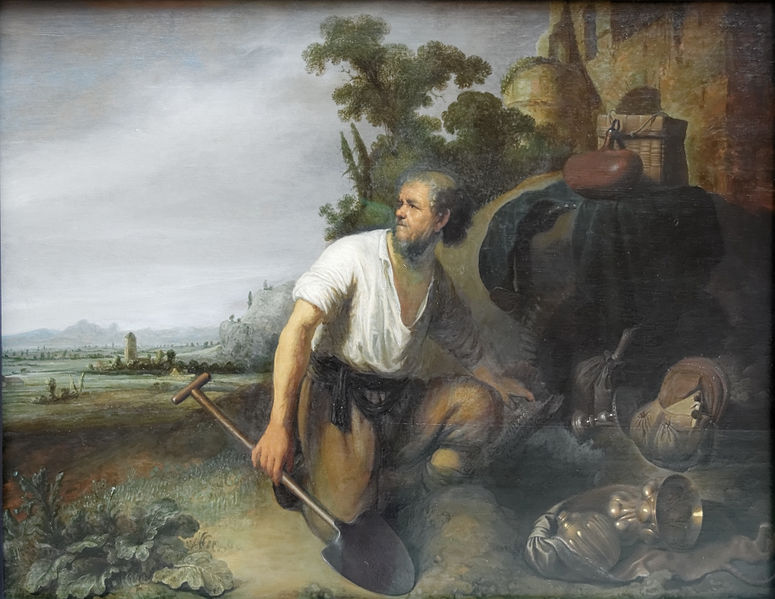Tag: Solomon
-

“God Made Everything Beautiful in Its Time”
In the fullness of time, God will unite all things in heaven and on earth in Christ, and that will be the most beautiful and perfect thing to behold in eternity! God has ordained this from eternity past, and his plan is perfect. The result of this plan is “everything is beautiful in its…
-

“The Sons of Eli Were Worthless Men”
1 Samuel 2:11-26; 4:12-22; Proverbs 23:15-18, 22-25 (texts); Hebrews 12:5-11 August 24, 2014 * Download this sermon (PDF) Introduction Dear People of God: Today, we come to the fifth and last sermon in our series on “A Little Church in the House: Raising and Strengthening a Godly Household.” In these studies, we have focused…
-

Is Work Vanity?
The priesthood of all believers means that all of these Christian brothers and sisters from all walks of life, doing all kinds of vocations are servants of Christ. All vocations are God’s good gifts to his people, and therefore are noble and honorable, so we are to perform them diligently, honestly and joyfully in the…
-

Earthly Wisdom Versus Heavenly Wisdom
Not only is he the storehouse of all wisdom and knowledge. Christ—and his Word—is the wisdom that gives salvation, “able to make you wise for salvation through faith in Christ Jesus.” Therefore, those who are in Christ have “wisdom from God, righteousness and sanctification and redemption.”
-

Life is Fifteen Minutes of Vanity
The world is not in an endless, meaningless spin, but is swiftly moving to an end. Though “creation was subjected to futility,†or meaninglessness or vanity, it will be “set free from its bondage to corruption and obtain the freedom of the glory of the children of God.â€
-

Treasures, Hearts, Tithes
The pre-eminent example of a rich person is Christ himself, of whom Paul says, “though he was rich, yet for your sake he became poor, so that you by his poverty might become rich.”